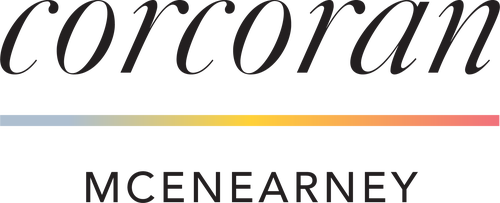Two major changes to know about – one restricting access for some foreign buyers, and the other aiming to protect all consumers from unwanted lender solicitations.
There are times when the residential mortgage industry is relatively free of program and policy changes. This has been the case for the past couple of years as rates have remained stubbornly high with fewer underwriting guideline changes and new loan programs.
But there are two recent industry developments to be aware of: one of which will have a negative impact on some consumers, and the other, which should prove beneficial to all consumers.
In May of this year, FHA and USDA announced that their mortgage loan programs would no longer be available to individuals who are neither US citizens nor permanent resident aliens. Prior to the change, both programs were often utilized to provide mortgage financing to non-citizens and non-permanent resident aliens who otherwise had social security numbers and could document their right to work in the United States.
For instance, an H1B Visa holder who had obtained a social security number and had built a two-year credit history was eligible for both FHA and USDA financing. That is no longer the case. According to FHA, there were 603,040 FHA purchase loans in 2024, and approximately 2.8% of those (roughly 16,885 loans) were made to foreign nationals. Going forward, it will be more difficult for foreign nationals to obtain mortgage financing.
On the flip side, the current Congress is poised to pass legislation to ban what the mortgage industry calls trigger leads, which have been a significant annoyance for consumers. For several years, the three major credit bureaus have sold data when a mortgage lender obtains a consumer credit report – including consumers’ names and contact information – which some lenders across the country then used to make cold calls and send texts and emails offering their services.
When a consumer makes an application with a mortgage lender and the lender pulls a credit report, the credit reporting agencies transfer the consumer’s contact information almost immediately to other lenders who have paid for that information. The process is automatic and results in consumers receiving multiple calls, texts, and or emails almost immediately after the consumer’s chosen lender receives the credit report. Consumers are usually confused and annoyed as to why they are receiving the communications, and have reported that the onslaught of outreach can be overwhelming.
The mortgage industry has lobbied Congress to ban the credit bureaus from the practice of automatically selling consumer contact information, and both the House and Senate recently passed similar stand-alone bills to do just that. The legislation will go through a reconciliation process and likely be sent to the President for signature, hopefully bringing relief to pestered consumers in the next few months.
No matter what changes occur in residential lending, our Atlantic Coast Mortgage team is knowledgeable, professional, and happy to assist you with the programs to achieve your ownership goals.
 Brian Bonnet, SVP, Sr. Loan Officer, NMLS ID 224811
Brian Bonnet, SVP, Sr. Loan Officer, NMLS ID 224811
Atlantic Coast Mortgage, NMLS ID 643114
O: 703-766-6702 | M: 703-304-0188
Email Me
Notice: This is an advertisement and is not a commitment to lend. Contact a loan officer today to explore the financing options specific to each borrower.
Visit corcoranmce.com to search listings for sale in Washington, D.C., Maryland, Virginia, and West Virginia.
Don’t miss a post! Get the latest local guides and neighborhood news straight to your inbox!

 Facebook
Facebook
 X
X
 Pinterest
Pinterest
 Copy Link
Copy Link






